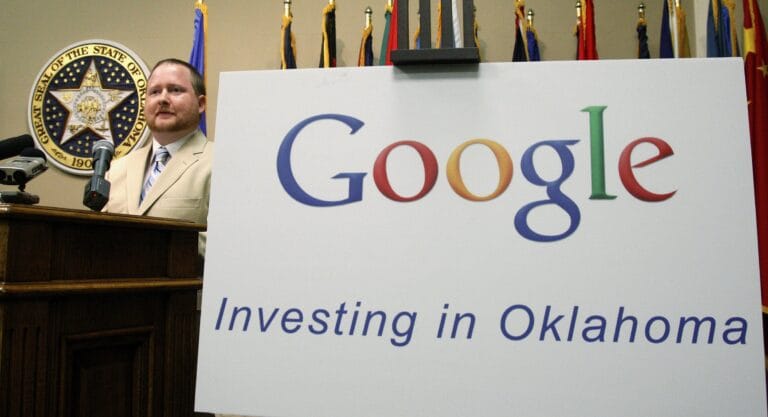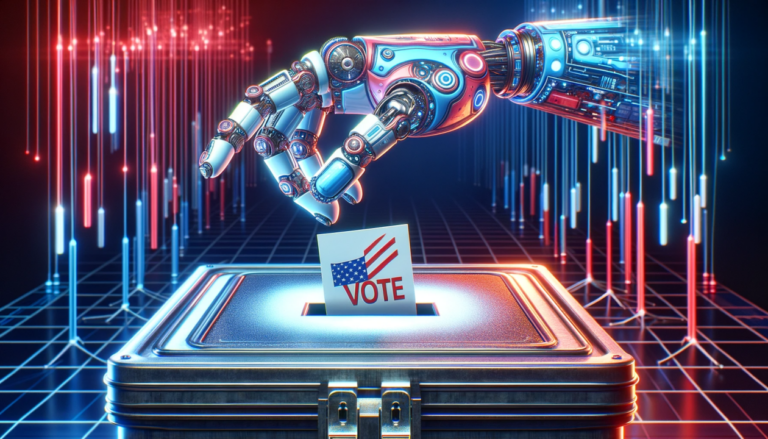
How the VA is Using AI
More and more organizations are starting to leverage artificial intelligence to solve problems. And now the U.S. Veterans Affairs Department has jumped on the bandwagon. In the newly created role of the VA’s Director of Artificial Intelligence, Gil Alterovitz is a man on a mission to redefine and improve modern medical care for American veterans:
“We really want to be the go-to place for veterans through AI research and development-so instead of reacting, we can really anticipate their needs.”
The VA has already utilized AI to predict the occurrence of Acute Kidney Injury (AKI). AKI is an unexpected incident of kidney failure or damage that progresses quickly. This condition can be difficult for doctors to detect, because there are few external symptoms. But the VA, in partnership with an organization called DeepMind Health, created a system that predicted severe AKI cases 48 hours sooner than traditional methods. Diagnosing the condition sooner improves outcomes by allowing for faster treatment and fewer lasting effects.
Another project Alterovitz has introduced is his “AI Tech Sprint”, which allows external organizations to “test out data in the VA format to develop AI tools and programs that can lead to new data-driven insights without waiting…to establish partnership agreements.” Basically, this means that companies can “test drive” their new programs using existing VA data as a blueprint. The hope is that the VA will be able to find suitable companies to partner with as a result.
In addition to implementing these new projects, Alterovitz will also coordinate the existing AI efforts in the VA. The REACH VET (Recovery Engagement and Coordination for Health-Veterans Advanced Treatment) program uses a predictive model to analyze medical record data and determine which veterans are most at risk of suicide. Due to the high incidence of conditions like PTSD and depression in veterans, as many as 20 veterans take their own lives every day. But REACH VET allows health care providers to act preemptively and reassess the veteran’s mental health treatment plan.
The VA has also enlisted the help of the famous robot IBM Watson to interpret lab results of cancer patients to help identify the best medications for each patient. And the Million Veteran Program aims to create a database of genomic and health information from at least 1 million veterans. Alterovitz believes this type of big data is essential to understand the biggest health concerns facing veterans.
Other efforts involve using Natural Language Processing (NLP) to examine medical records for words and phrases that may indicate a specific health problem. At the Salt Lake City VA, NLP methods outperformed manual chart review when searching for indications that a certain type of GI endoscopy was required. Alterovitz also hopes to develop an automated system that will read medical images from CT scans and detect tumors before providers can.
These projects will require the proper infrastructure to process and secure the huge amounts of data collected. A big part of Alterovitz’s new role is to make sure the VA possesses technology that is up to this task. Based on what he has already accomplished, it’s safe to say he’s ready to hit the ground running.
Extract Systems tries to stay on the cutting edge of the latest developments in Artificial Intelligence to develop efficient solutions for your organization. Contact us today to find out more.
Sources
General Information & Quotations: https://www.nextgov.com/emerging-tech/2019/08/how-va-applying-artificial-intelligence-proactively-solve-veterans-problems/158883/
General Information: https://www.research.va.gov/currents/0719-VA-aims-to-expand-artificial-intelligence-research.cfm
REACH VET Program: https://www.research.va.gov/currents/0918-Study-evaluates-VA-program-that-identifies-Vets-at-highest-risk-for-suicide.cfm


